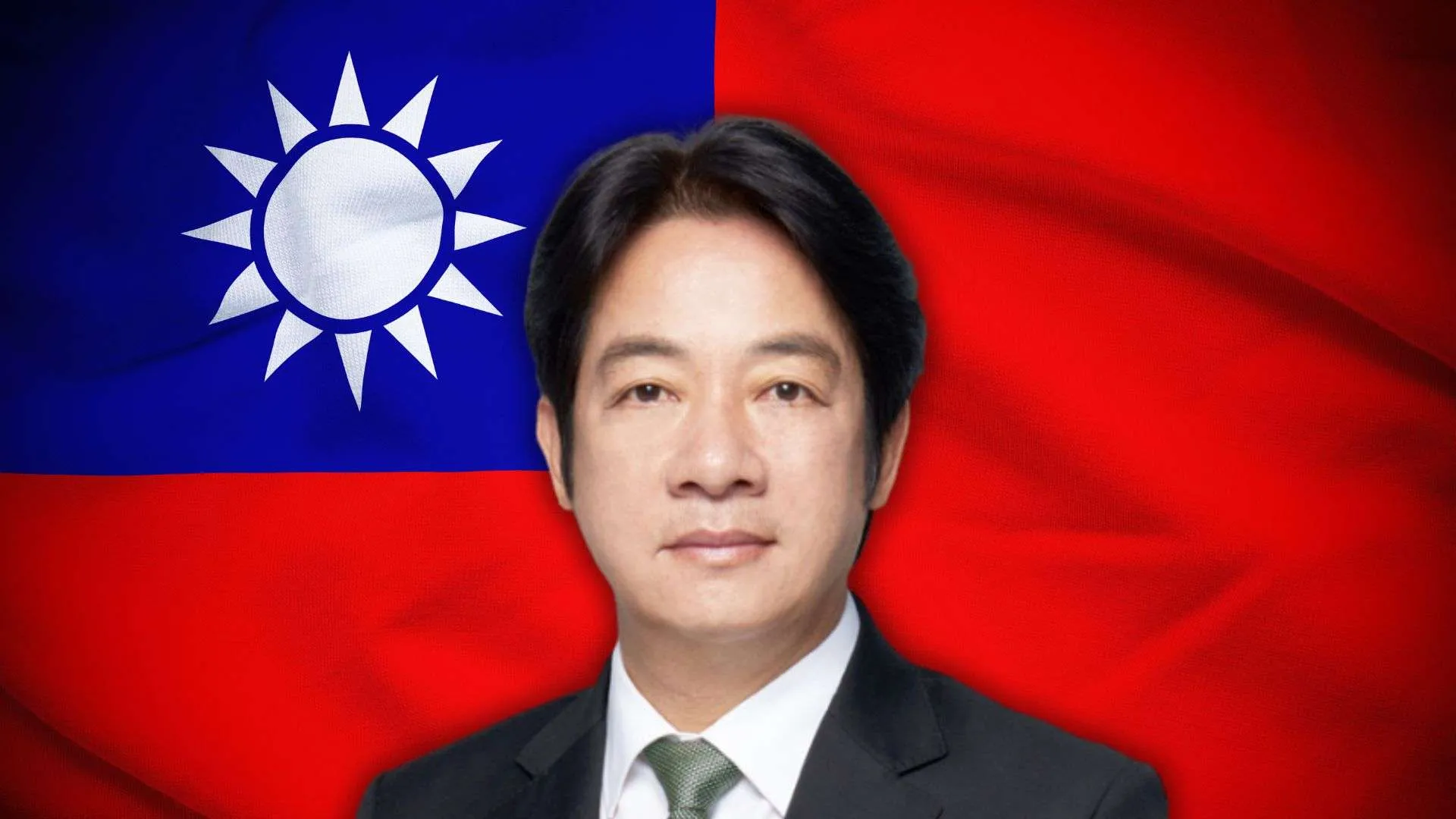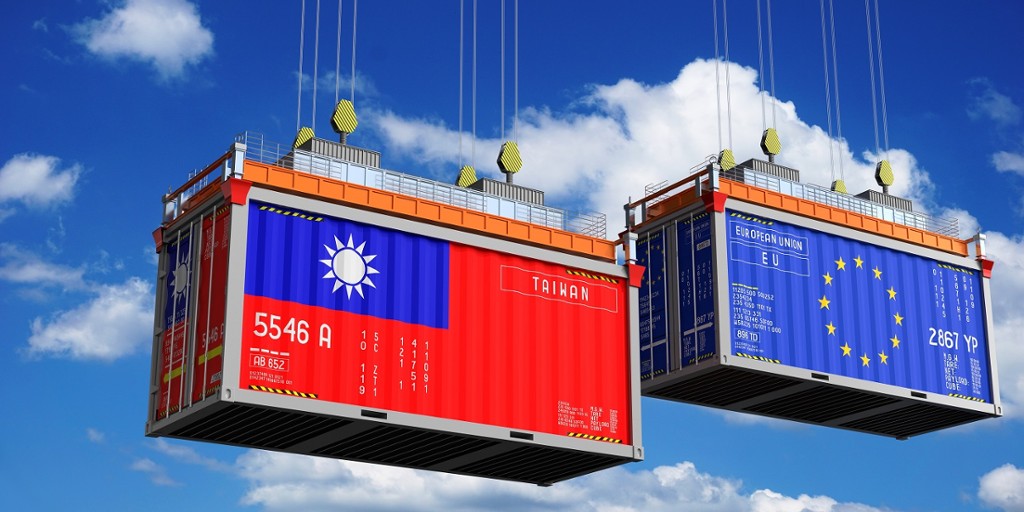by Martin Haffner Associate Editor
Taiwan’s Presidential Office Conducts First ‘Tabletop’ Simulation of Chinese Military Escalation
In a significant move to bolster national security and enhance preparedness, Taiwan’s Presidential Office recently conducted its inaugural “tabletop” simulation exercise focused on a potential military escalation by China. This exercise underscores Taipei’s commitment to proactive defense strategies amid rising tensions across the Taiwan Strait.
Understanding the Context
Recent years have seen a marked increase in military maneuvers by China near Taiwan, with escalating rhetoric and assertive posturing heightening concerns within the Taiwanese government. The simulation initiative comes at a time when the possibility of military conflict, whether through overt hostilities or more subtle forms of coercion, looms larger than ever. As Taiwan’s geopolitical situation grows increasingly precarious, the Presidential Office has recognized the necessity of simulating real-world scenarios to effectively prepare for potential crises.
Objectives of the Simulation
The tabletop exercise aimed to assess decision-making protocols and communication strategies in scenarios of heightened Chinese military activity. Participants in the simulation included members of the national security council, military officials, and experts from various sectors, all contributing their insights to create a comprehensive response framework.
Key objectives of the simulation included:
- Scenario Planning: The exercise involved multiple scenarios, including blockades, cyberattacks, and potential amphibious assaults. This thorough planning is designed to help decision-makers understand various contingencies and appropriate responses.
- Resource Allocation: Evaluating Taiwan’s military capabilities and threats posed by China allowed participants to discuss optimal resource allocation during a crisis, thereby ensuring a more coordinated defense strategy.
- Crisis Communication: The exercise focused on internal and external communication strategies during a military escalation, ensuring that information flow remains uninterrupted among government agencies and the public.
- International Collaboration: The simulation also explored frameworks for international partnerships and support. Engaging allies in discussions about potential responses to a crisis was a crucial part of the exercise, as Taiwan seeks to strengthen its alliances amidst fears of isolation.
Outcomes and Reactions
The first iteration of the tabletop simulation was described as a critical step in refining the island’s military and strategic posture. Officials indicated that the exercise identified gaps in knowledge and coordination that need to be addressed to enhance national preparedness. The collaborative nature of the exercise fostered an environment of teamwork and mutual understanding among participants, which is essential for cohesive action during a crisis.
Reactions to the simulation have been largely positive within Taiwan, with the government framing it as a vital part of a strategy to safeguard the island’s sovereignty. Analysts have acknowledged the importance of such exercises, emphasizing that they allow for real-time assessment of strategies and can foster unity across various branches of government.
Challenges Ahead
Despite the constructive outcomes of the exercise, experts warn that real-world scenarios can often diverge significantly from simulations. The unpredictable nature of military confrontations requires continuous adjustments in strategy and responsiveness. Moreover, Taiwan faces the challenge of maintaining morale and public support while preparing for potential conflicts, balancing awareness of threats with the need to foster a sense of normalcy among its citizens.
Taiwan’s first tabletop simulation of Chinese military escalation marks a significant advancement in the island’s national security strategy. By proactively planning for potential crises, Taiwan aims to strengthen its resilience in the face of aggression and ensure that all branches of government are prepared to respond effectively should the need arise. As regional tensions continue to evolve, exercises like these will be crucial in helping Taiwan navigate its complex security environment.


